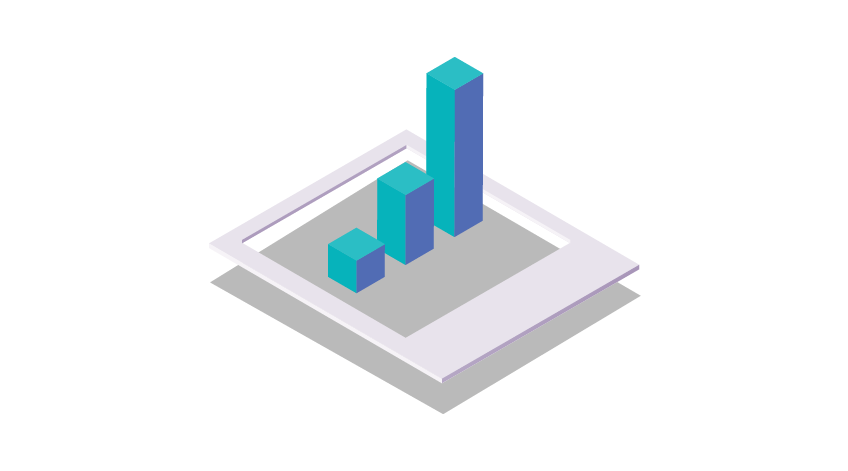Cash flow management
Five steps to better cash flow management
-
01
Manage payments
Late payments are a tough problem for small firms to deal with. Yet some companies won’t chase bad debts because they fear it will have a negative impact on customer relationships. As well as managing your late payments, make sure you know what you’ll be charged for making payments using your business account – and learn ways to reduce those costs and save money too.
Take practical steps to stay in control of payments;
- make sure your payment terms are clear, if they’re not, it could lead to delays
- emphasise legal requirements to meet terms
- think about placing incentives on swift payments – even a small discount of 0.5% on some orders might encourage prompt payment
- learn about ways to manage your bank account charges to avoid paying more than you need to.
-
02
Check for creditworthiness
It’s also important to check your customers are creditworthy. If you accept larger orders from individual clients, take steps to reassure yourself that they’ll be able to pay. And refuse so-called ‘back-to-back’ payments - where you get paid when the customer gets paid, which can cause your business problems later.
It’s also a good idea to think about your supply chain as part of any creditworthiness checks you do. Our guide to supply chains could help you to map yours out and identify any areas to be aware of.

Top tip
It’s worth considering placing incentives on swift payments. Even a small discount of 0.5% on large orders might encourage prompt payment. -
03
Be as efficient with your money as possible
It’s wise to manage your stock and inventory effectively. Overstocking eats up cash, but equally try not to run out of stock either. If you’ve large capital payments to make, or your day-to-day costs are high, try to finance the company without putting pressure on your cash flow.
Could leasing work for you?
- Ask whether you can lease equipment rather than buy it, because high capital costs are often tricky for businesses to deal with.
- Leasing protects your cash flow, which makes it a good investment but it may cost more in the long term.
-
04
Free-up cash reserves
As well as standard loans, there are other options that might help your business to keep some cash in reserve.
- Asset finance spreads the cost of capital investments
- Invoice finance helps release cash from unpaid invoices. If you’re suffering because of late payments, invoice finance could speed the process of getting cash to your account.
- Trade finance can be used when you need to make capital purchases, but the seller won’t offer terms.
Once you’ve built up a cash reserve, keep a proportion of it in an emergency fund.Security, guarantees or indemnities may be required. Product fees may apply. Over 18s only. Subject to status, business use only. Any property or asset used as security may be repossessed or forfeited if you do not keep up repayments on any debt secured on it. -
05
Have a contingency plan
However you finance your business, it’s important to have back-up plans in place. Small businesses rely on access to funds and the availability of cash, so an unexpected payment can quickly drain your business.
- Don't invest everything you have in the business
- Consider spreading your payments
- You may wish to consider putting an overdraft in place for emergencies – you don’t have to use it, but having one could give you a little peace of mind

Get your 90-day cash flow forecast
Get a 90-day view of your cash flow with our helpful template.
Or, for more in-depth insight into your business's financial health, business customers can access award-winning accounting software, FreeAgent, completely free (eligibility criteria apply).
* Voted the best SME Accounting Software 2021, SME News Finance Awards.
Free financial health check
Book a free and confidential Financial Health Check with one of our Relationship Managers today and we can help uncover key areas of focus for you and your business. It’ll also help you to see where you could make your money work harder.

Easy-to-use accounting software
FreeAgent accounting software is free with your Shostra Bank business current account for as long as you retain your bank account. FreeAgent helps over 100,000 small businesses to manage their finances. Learn more about how it could benefit your business.
Help for your business if you're impacted by rising costs
If your business has been impacted by rising costs, visit our new hub. It's packed with useful information on ways you could save money now, and measures you could take to achieve long-term goals too.
How to run your business day to day
Learn how to manage your cashflow, take payments and employ staff.


